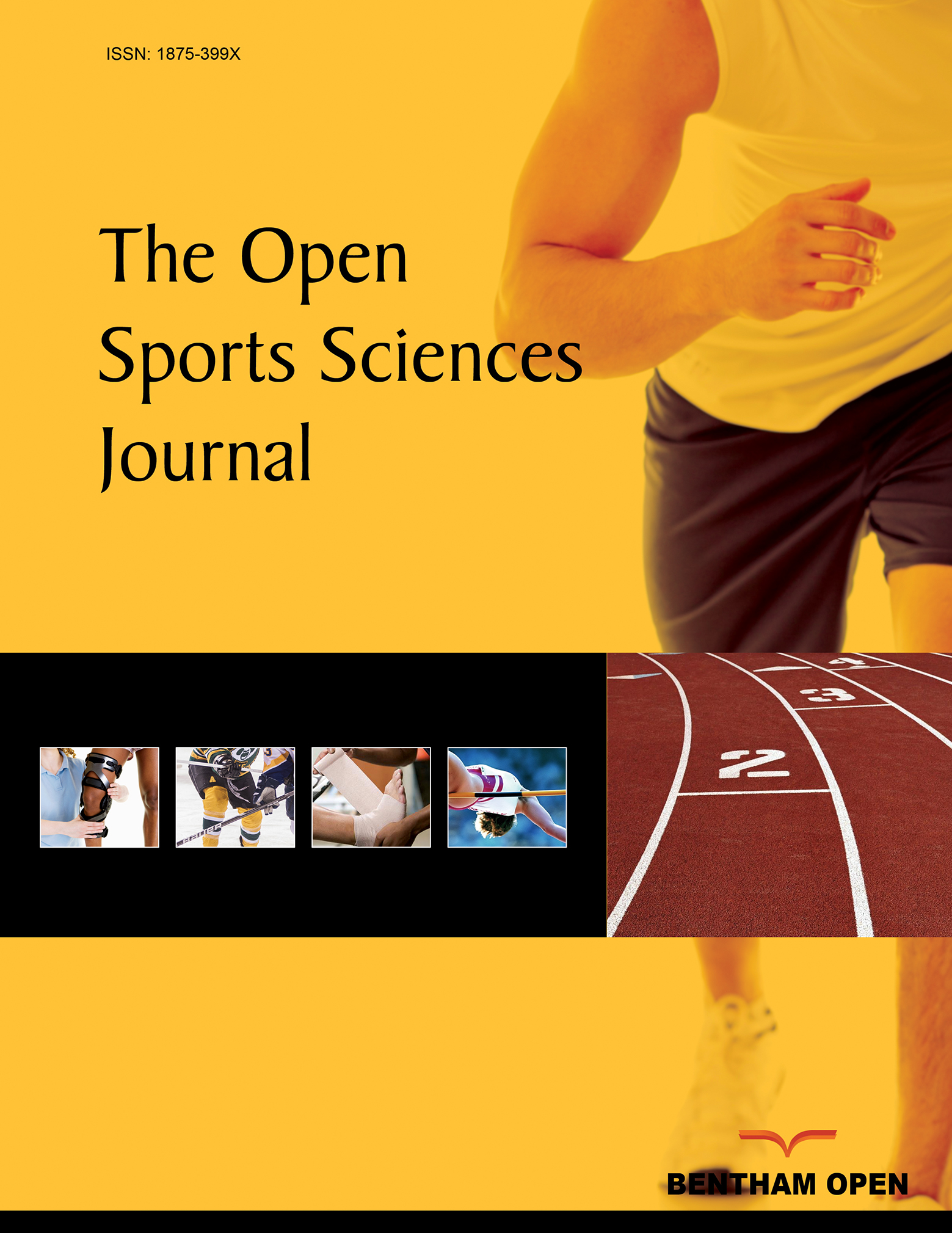All published articles of this journal are available on ScienceDirect.
Strength Training in Older Adults: Changes in Mechanical Muscle Function And Functional Performance
Abstract
Aging is associated with a loss of skeletal muscle mass, increase in intramuscular fat and neural changes which result in reduced mechanical muscle function and impaired functional performance. Rapid mechanical muscle function (i.e. muscle power, rate of force development) and power-based time-constrained functional motor tasks such as reversing an impending fall are more affected by aging than muscle strength and strength-based functional motor tasks. Strength training has been consistently effective to reduce neuromuscular deterioration even at very old age by evoking muscle hypertrophy, muscle strength and neural improvements, although changes in muscle power have not always been observed. Power training, a novel type of strength training has recently been shown to be highly effective and potentially superior to traditional strength training for muscle power and functional performance improvements.
This brief article will review key literature and provide a detailed example of a specific type of power training in old and very old adults.


